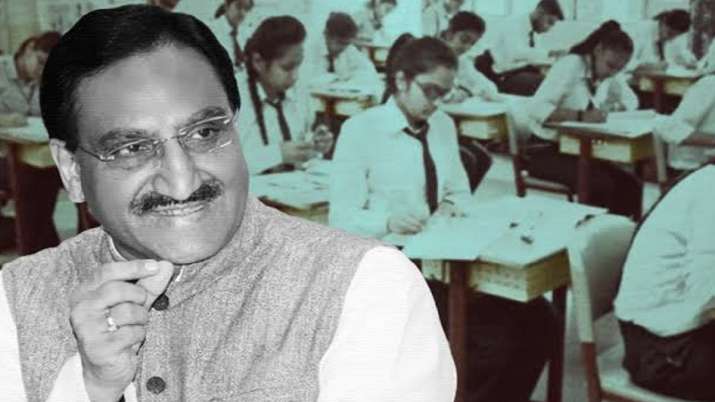
India's new Education policy unveiled: Here's all you should know
The Union Cabinet on Wednesday approved a new education policy for the 21st century. The changes have been brought in the policy after 34 years. The government said E-courses will be developed in regional languages, and virtual labs will be developed and a National Educational Technology Forum (NETF) is being created. MPhil courses will be discontinued under the new education policy.
NEW EDUCATION POLICY: ALL YOU SHOULD KNOW
- All higher education institutions, except legal and medical colleges, to be governed by a single regulator.
- Common norms to be in place for private and public higher education institutions.
- MPhil courses to be discontinued.
- Board exams to be based on knowledge application.
- Home language, mother tongue or regional language to be medium of instruction up to class 5.
- Common entrance exams to be held for admission to universities and higher education institutions
- School curriculum to be reduced to core concepts; integration of vocational education from class 6
HIGHLIGHTS OF NEW EDUCATION POLICY | HIGHER EDUCATION
50% Gross Enrolment Ratio by 2035
Holistic and Multidisciplinary Education - Flexibility of Subjects
- Multiple Entry/Exit
- UG Program - 3 or 4 year
- PG Program - 1 or 2 year
- Integrated 5 year Bachelor's/Master's
- M Phil to be discontinued
Credit Transfer and Academic Bank of Credits
HEIs: Research Intensive/Teaching Intensive Universities and Autonomous Degree Granting Colleges
Model Multidisciplinary Education and Research University (MERU)
(in or near every district)
Graded Autonomy: Academic, Administrative and Financial
Phasing out Affiliation System in 15 years
National Mission on Mentoring
Independent Board of Governors (BoG)
Single Regulator for Higher Education (excluding legal and medical)
On-line self disclosure-based Transparent System for approvals in place of 'inspections'
Common norms for public and private HEIs
Private Philanthropic Partnership
Fee fixation within Broad Regulatory Framework
Public Investment in Education Sector to reach 6% of GDP at the earliest